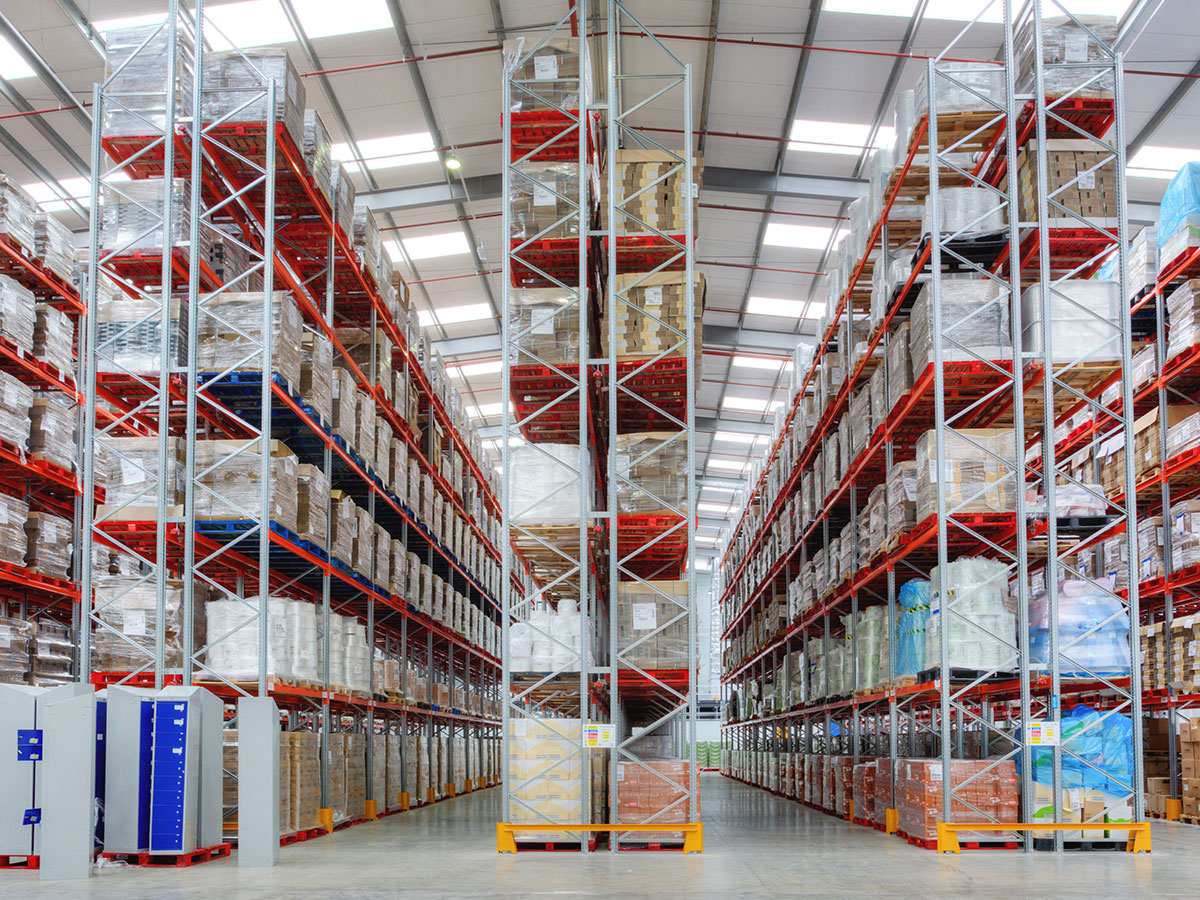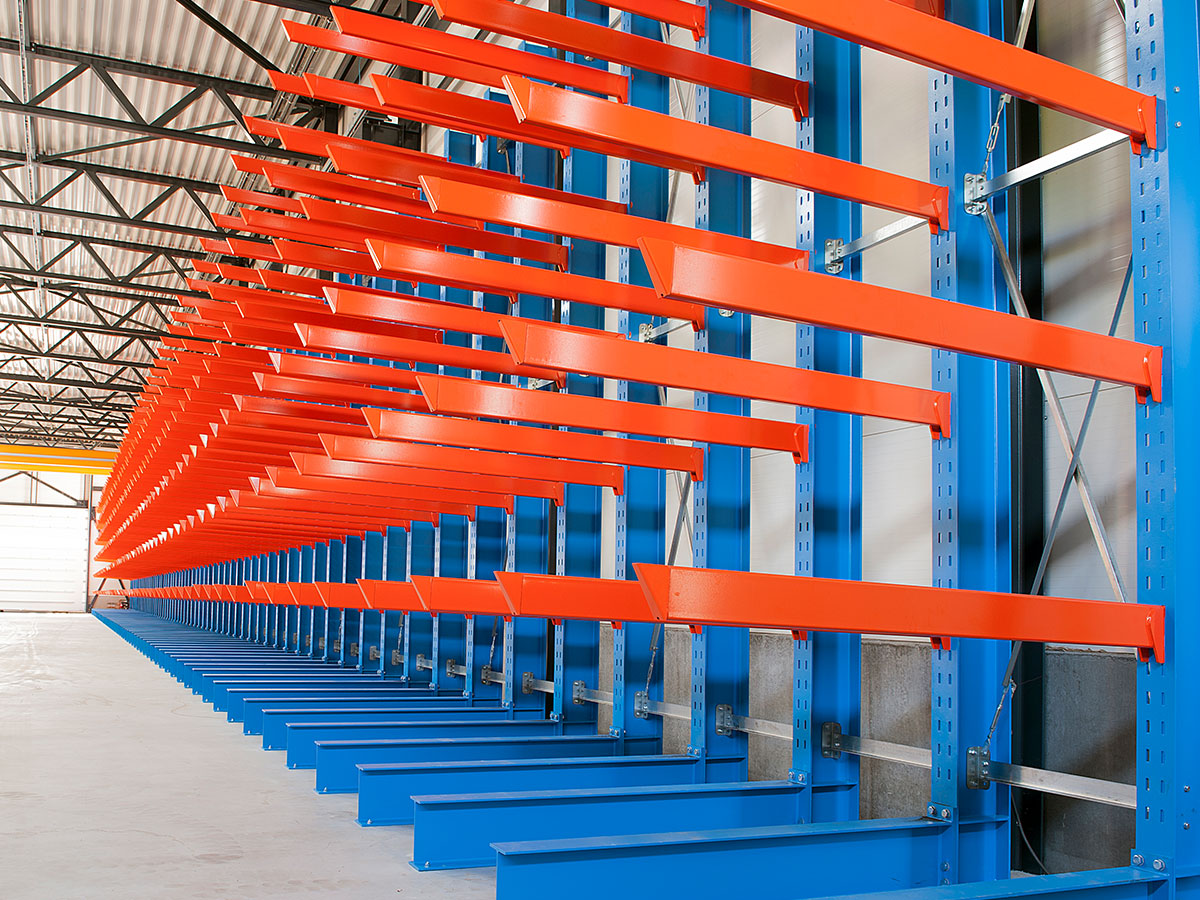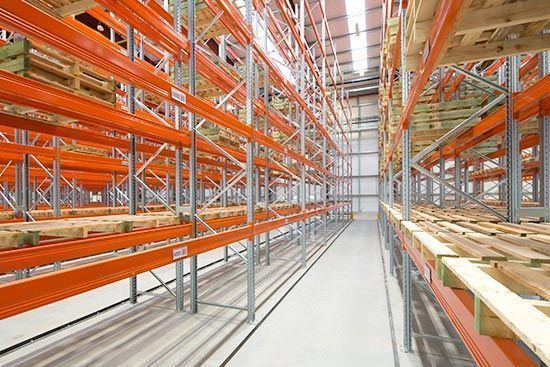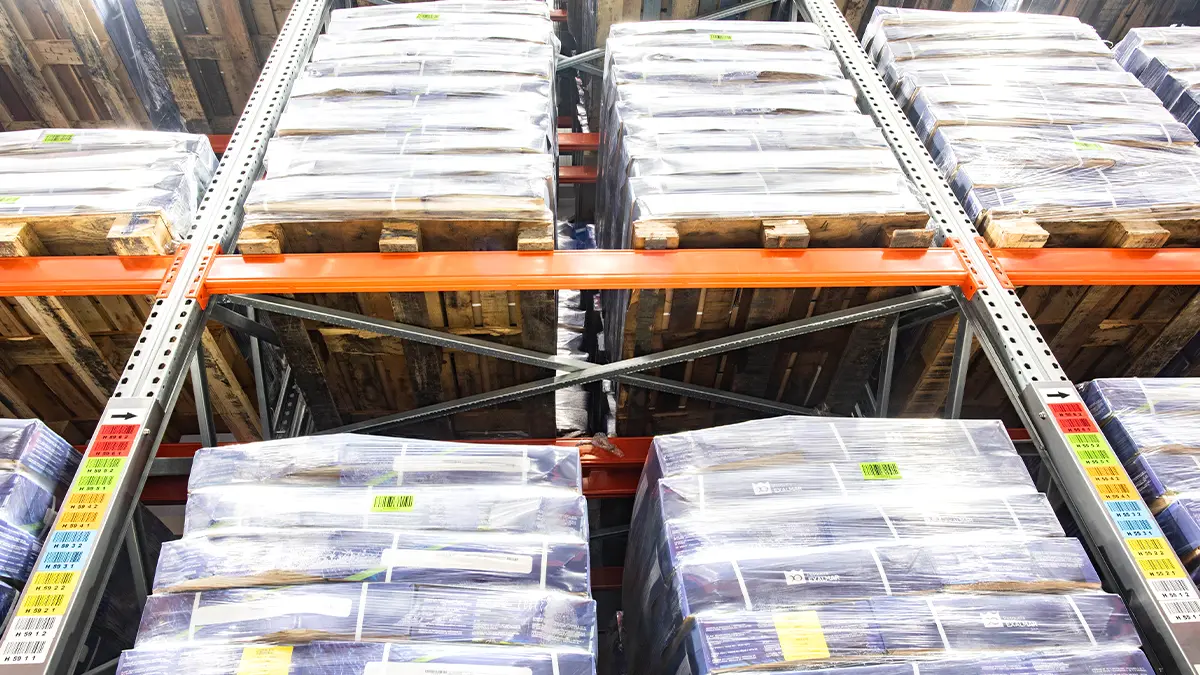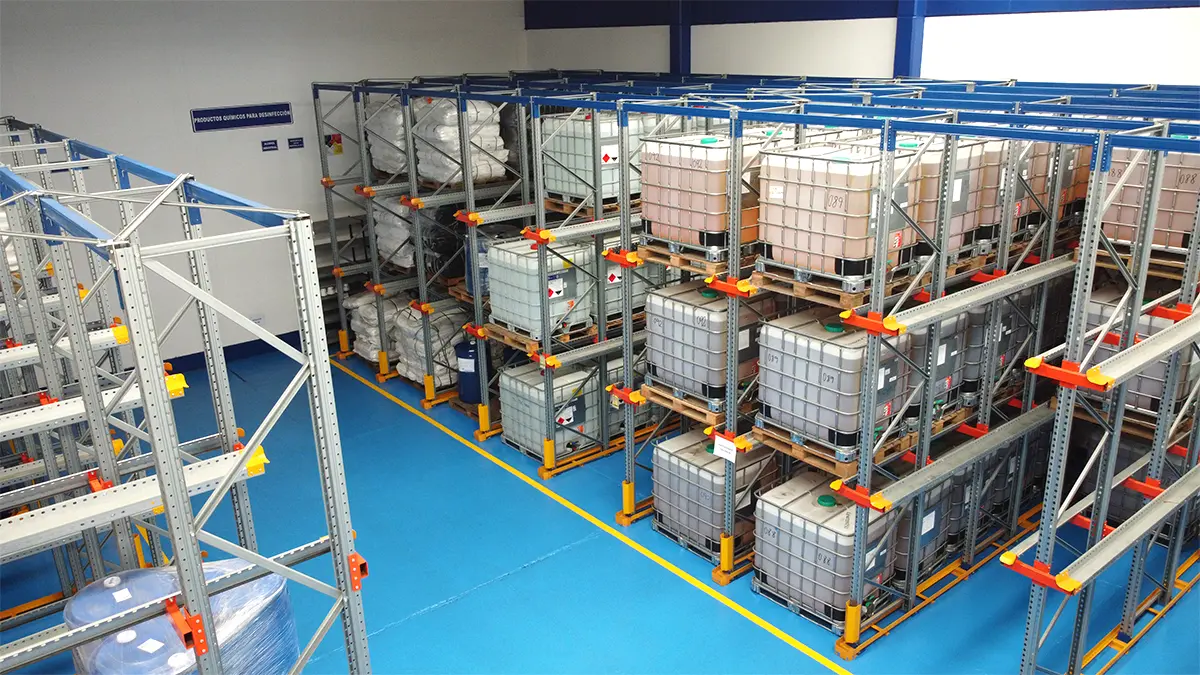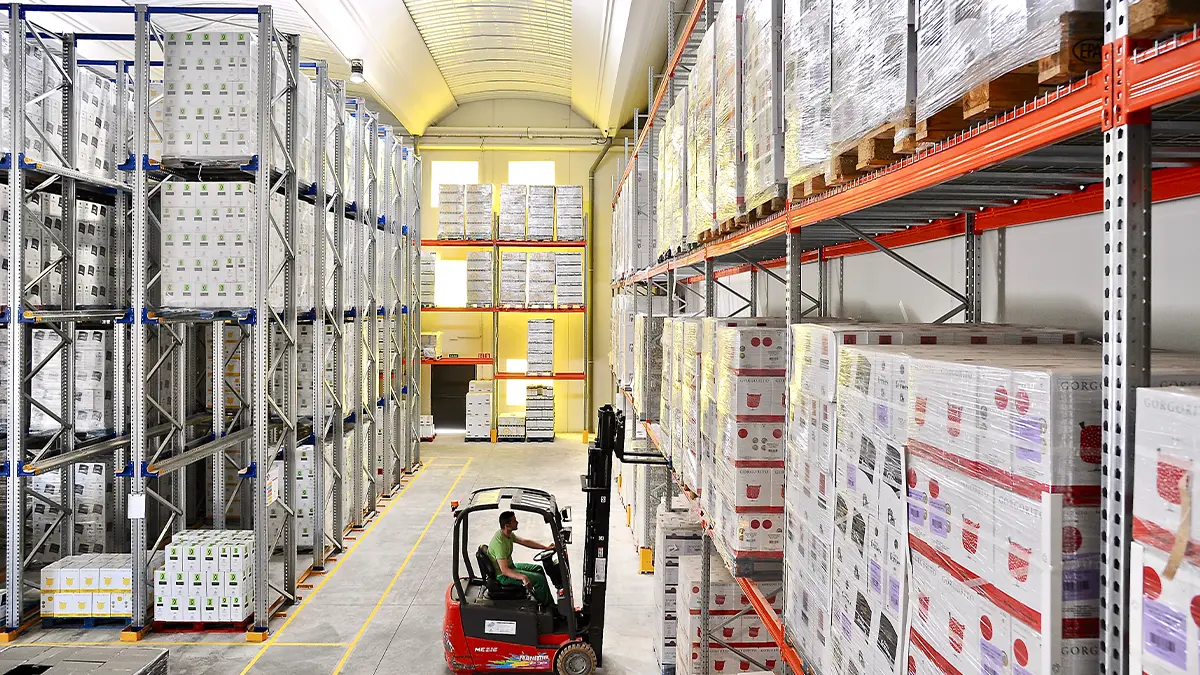In the complex world of logistics, efficiency and resource optimisation are essential to ensure the proper flow of goods and products. One of the key elements in this process is the consolidation warehouse. This type of warehouse plays a crucial role in the supply chain by making it possible to combine and group multiple loads from different suppliers into a single shipment. In this article, we will explore what a consolidation warehouse is, review its advantages and highlight the storage systems most suitable for its efficient operation.
What is a consolidation warehouse?
A consolidation warehouse is a specialised logistics facility that acts as a gathering point for different loads from various suppliers or shippers. Its main objective is to group these goods into a single shipment to optimise transport and distribution. It is important to mention that consolidated loads usually have a common destination or a similar delivery route, which facilitates their subsequent distribution.
Advantages of a consolidation warehouse
Logistics Efficiency
The consolidation warehouse improves logistics efficiency by simplifying the supply chain. By gathering multiple loads at a single point, the complexity of the distribution process is reduced, which speeds up the flow of goods and reduces delivery times.
Cost reduction
One of the greatest benefits of the consolidation warehouse is the significant reduction in costs. By grouping several loads into a single shipment, better use is made of the available transportation space, which reduces transportation costs per unit. In addition, shipping partial loads is avoided, which can be more expensive and less efficient.
Lower environmental impact
Load consolidation also contributes to more sustainable and ecological logistics. By reducing transportation, the emission of greenhouse gases is reduced and a more environmentally friendly supply chain is promoted. See our post on tips for having a more sustainable warehouse.
Better customer service
By improving efficiency and reducing costs, the consolidation warehouse can offer a better customer service. Deliveries are faster and more consistent, which increases customer satisfaction and in the medium term improves the company’s image.
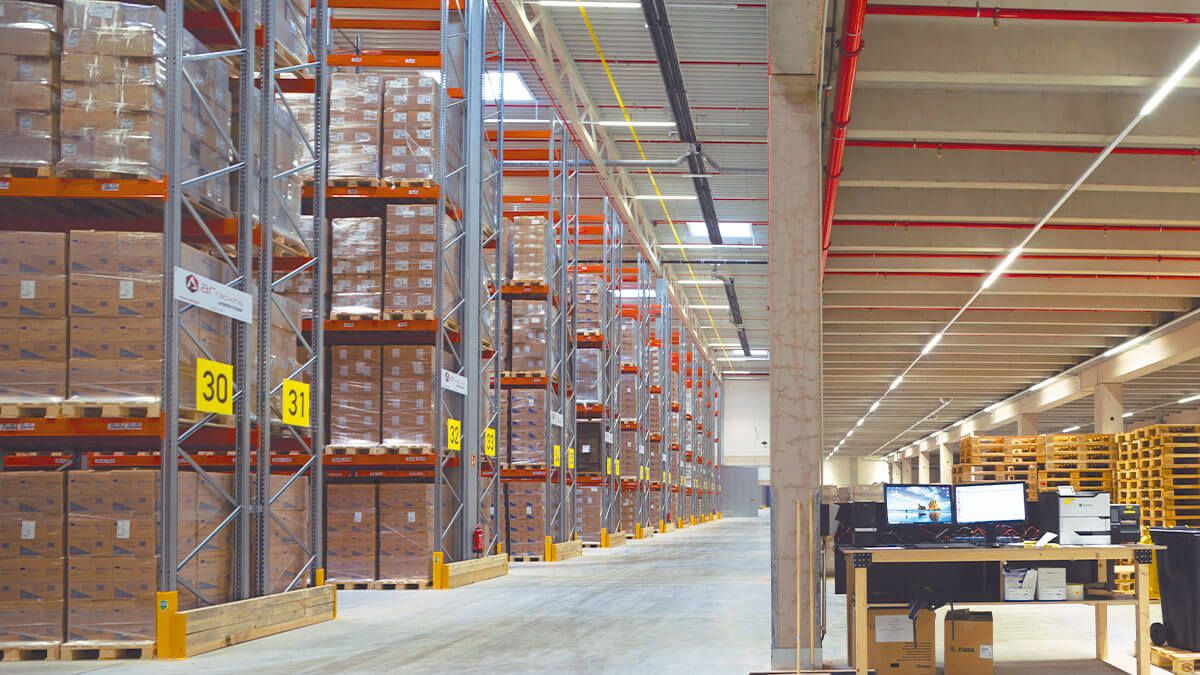
Importance of the consolidation warehouse:
The consolidation warehouse plays an important role in company logistics for several reasons.
Helps to optimise transportation and storage space
In a world where transportation and storage capacity is a limited resource, load consolidation allows space to be used efficiently, maximising the use of vehicles, containers, pallets and other unit loads.
Provides flexibility and adaptability
The ability to combine loads from different shippers provides companies with greater flexibility in managing their shipments. This is especially important in companies with variable load volumes.
Minimises risks
By consolidating loads, the possibility of loss, damage or theft of goods is minimised. Control and monitoring processes are simplified, boosting supply chain security.
Suitable storage systems for a consolidation warehouse:
Choosing the appropriate storage system is essential for the efficient operation of a consolidation warehouse. Some storage systems that are well-suited to the characteristics of this type of warehouse are:
Adjustable Pallet Racking:
This is the most common and simple industrial racking. It allows easy access and location of products, making it easier to prepare and consolidate shipments. In addition, it is a very versatile and adaptable system.
VNA Very Narrow Aisle (pallet) racking:
It is an adaptation of adjustable pallet racking that maintains direct access to all the unit loads, but manages to optimise the available space by reducing the work aisles. It requires specific forklifts to be able to operate in those small aisles.
Live Pallet Racking or Push-Back Racking:
If less space is available in the warehouse, this can be an interesting option due to its greater compactness. It is ideal for managing loads from different suppliers, since it allows several units of the same product to be stored in the same location.
The consolidation warehouse is therefore a very interesting alternative in modern logistics. Its ability to group and combine loads from different suppliers into a single shipment offers significant advantages, such as cost reduction, logistics efficiency and a lower environmental impact. Choosing the appropriate storage system is key to ensuring its efficient operation and guaranteeing the optimal flow of goods in the supply chain.




